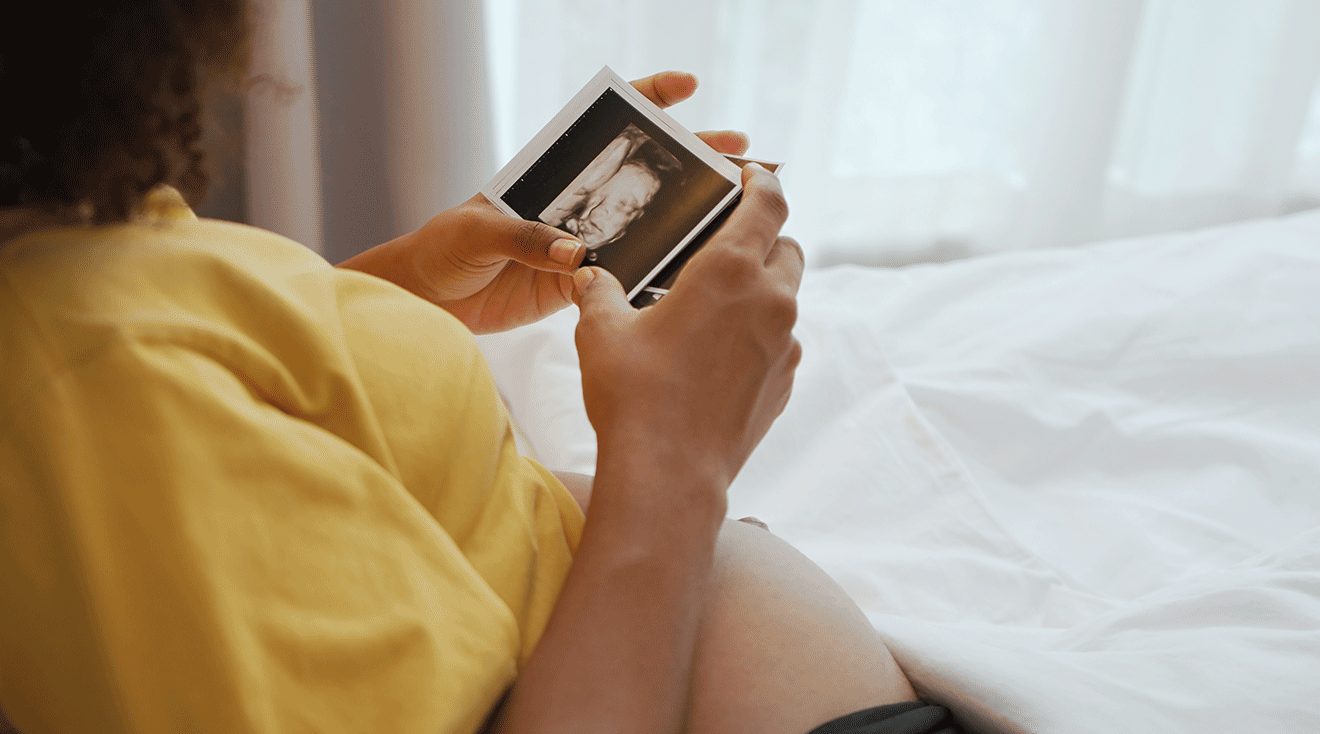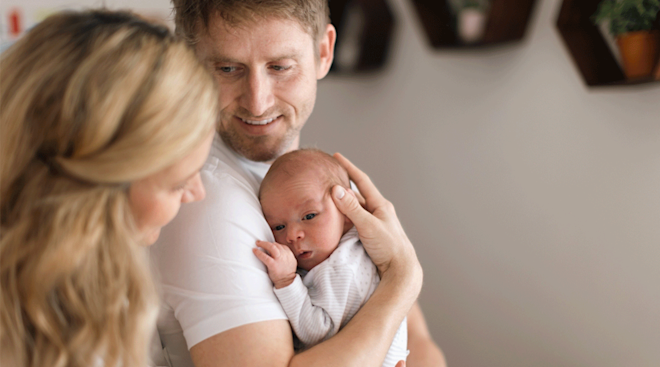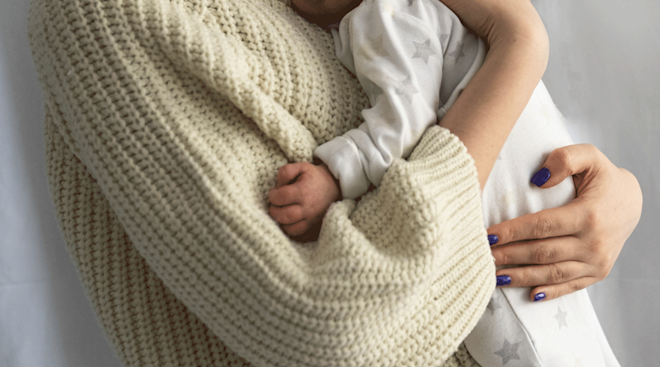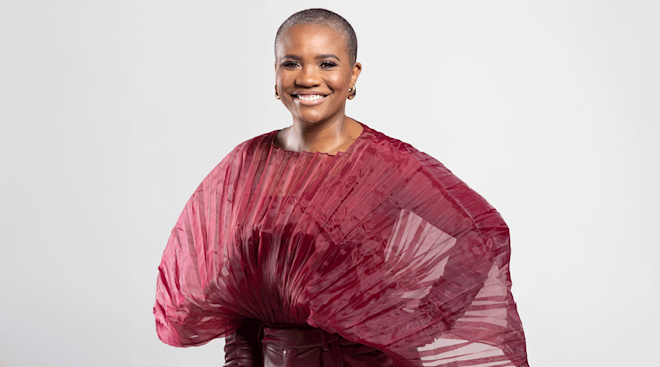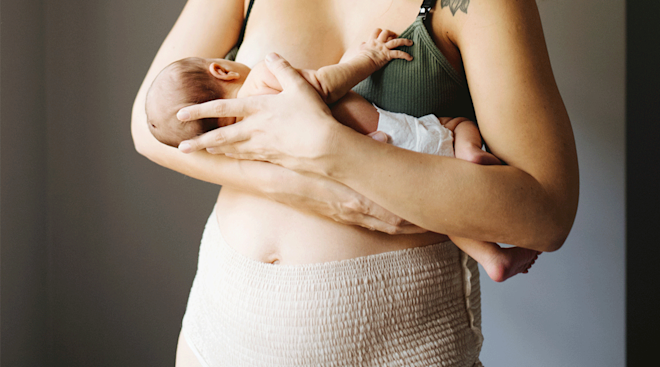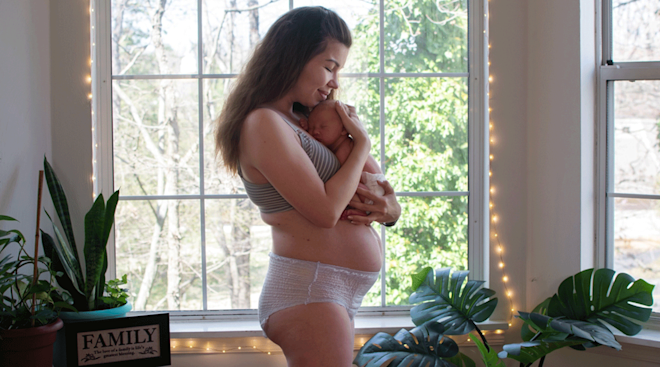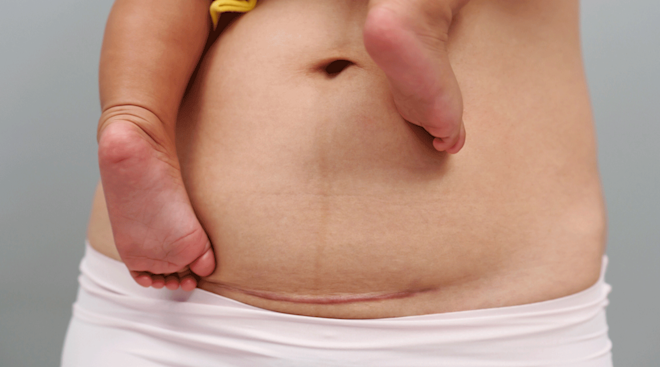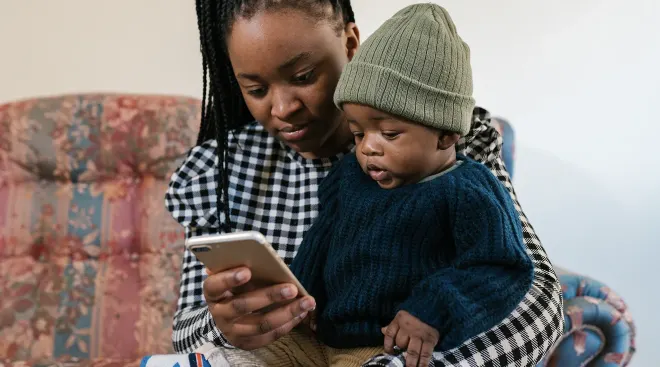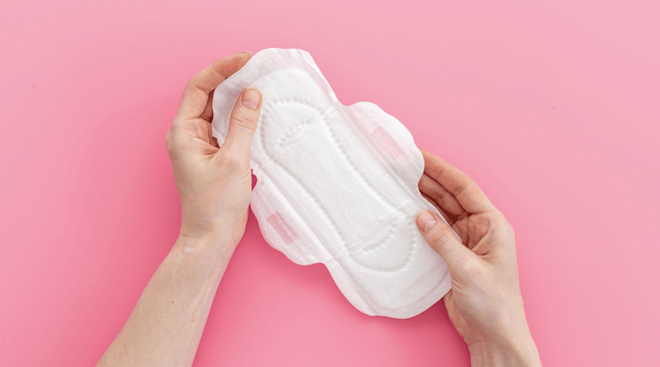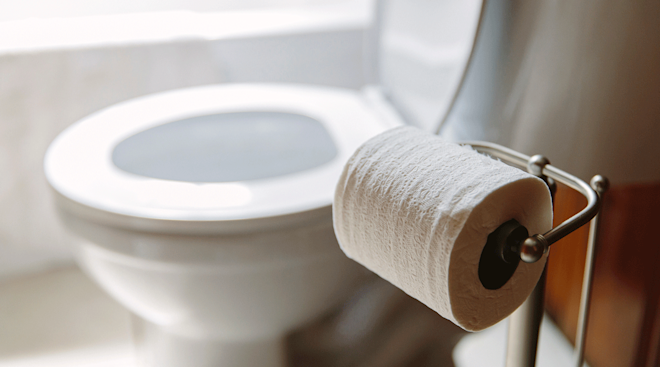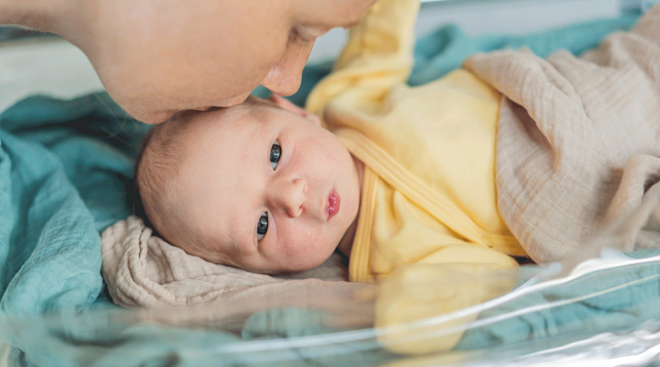Pregnancy Leads to a Permanent Rewiring of the Brain, New Study Says
Pregnancy is an extraordinary journey, full of unexpected twists and turns. You’ve probably heard about the aches, pains and midnight cravings, but did you know it can also lead to some astonishing rewiring of your brain? Yes, you read that right. It turns out that those pregnancy hormones have quite the influence on the way your mind works.
In a groundbreaking study, scientists took a closer look at these changes in the context of parenting instincts, using none other than our furry friends, mice. What they discovered was nothing short of fascinating – it all comes down to those trusty hormones, oestrogen and progesterone, and their influence on behavior.
The Brain Behind the Bump
Dr. Jonny Kohl, the mastermind behind this research, took the lead at London’s prestigious Francis Crick Institute. His team delved into the minds of mice to unravel the mysteries of parenting instincts. Just like us, mice experience a whirlwind of changes during pregnancy, thanks to the magical workings of hormones.
Dr. Kohl had this to say: “We know that the female body changes during pregnancy to prepare for bringing up young. One example is the production of milk, which starts long before giving birth. Our research shows that such preparations are taking place in the brain, too.”
The Human Connection
You might be wondering how this relates to us humans. Well, you’ll be pleased to know that it’s not all about the mice. The scientists believe that similar changes occur in the human brain. So, this intriguing mouse experiment could pave the way for a deeper understanding of parenting behavior and postpartum mental health in women.
Exploring the Brain’s Transformation
The studies with mice revealed an astonishing transformation. It was previously assumed that parenting instincts kicked in during or just after giving birth, likely prompted by hormones like oxytocin. However, this latest research suggests something different. The changes in the brain actually begin much earlier and, remarkably, appear to be permanent.
To capture these changes in action, the scientists attached miniature devices to the mouse’s heads, allowing them to record the activity of neurons in a brain region known as the hypothalamus, which is closely linked to parenting behavior.
What they discovered was eye-opening: oestrogen reduced the baseline activity of these neurons while making them more responsive to incoming signals. Progesterone, on the other hand, rewired their connections, creating more synapses, which made these neurons densely interconnected with other parts of the brain. These changes appeared to be permanent, and the implications are mind-blowing.
Baby Brain’s Secret
This phenomenon, often referred to as “baby brain,” shifts priorities in the mice. Before giving birth, virgin mice focus on mating and don’t respond to other females’ pups. In contrast, mothers need to exhibit robust parental behavior to ensure the survival of their little ones. The fascinating twist is that this transformation doesn’t occur at birth but much earlier, as the brain readies itself for this significant life change.
When the scientists engineered mice with neurons that were insensitive to these hormones, they failed to switch to parental behavior even after giving birth. This suggests that there’s a critical window in late pregnancy when these hormones have their most profound effects.
From Mice to Moms: Insights for Humans
Of course, in humans, hormonal changes are just one piece of the puzzle when it comes to parenting behavior. Factors like NCT classes and environmental influences play a significant role. However, comprehending the alterations occurring in the brain can offer fresh insights into parental bonding and conditions such as postpartum depression and psychosis.
Professor Robert Froemke of NYU Langone, who wasn’t directly involved in the research, had this to say: “There is still so much we don’t understand about parenting and hormone signaling in the body and brain – these results are a solid step in that direction. Parenting is among the most complex and challenging set of behaviors we and other animals engage in, and there’s not a lot of room for ‘trial and error,’ especially in the earliest days postpartum when infants need a lot of care.”
The hormonal changes documented in this study seem to prepare the parental brain to respond to infant needs right from the start. This means that parental rodents, much like new human parents, can step up and be sensitive to their babies as soon as possible.
So, the next time you experience “mommy brain,” just remember that it’s a testament to the remarkable journey of pregnancy and the incredible, permanent rewiring happening inside your brain. After all, pregnancy is a profound adventure that leaves a lasting mark on both your body and your mind.
Navigate forward to interact with the calendar and select a date. Press the question mark key to get the keyboard shortcuts for changing dates.

































